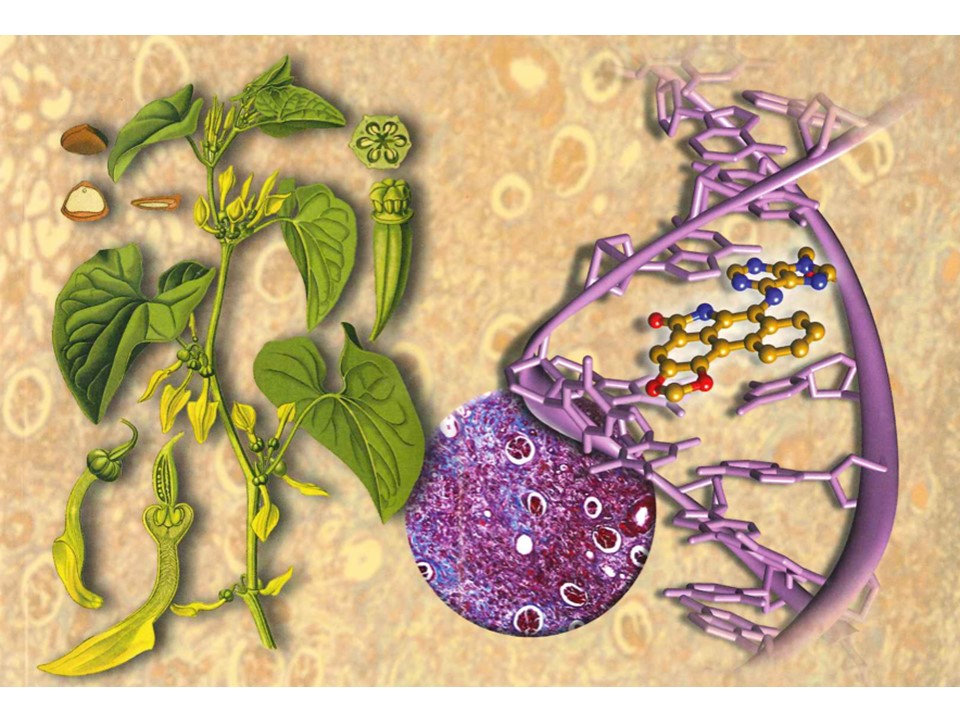Plant and Mycotoxins
Some plant toxins, e.g. aristolochic acid (AA) as well as some mycotoxins, e.g. ochratoxins A and citrinin, have been associated with the development of Balkan Endemic Nepropathy (BEN) in humans, a severely debilitating renal fibrosis often co-occurring with an increased prevalence of transitional cell carcinoma. Neither the mechanisms of AA induced renal fibrosis of the renal cortex nor the specific development of malignancy in the transitional epithelium of the kidney are currently well understood. Similarly, the mycotoxins ochratoxin A and citrinin are strongly associated with the onset of renal fibrosis, at least in surrogate species e.g. pigs, and thus could be an additional contributor to the BEN. Using molecular and cell biology techniques we aim to understand the mechanisms underlying renal fibrosis as well as the development of transitional cell tumors in humans.

from:Cover of Kidney international: Official journal of the international society of nephrology; Volume 81, issue 6, march 2 (2012)
